Guest Post: Five Things I’ve Learned from Being an Advice Columnist by Carol Weston
I’ve been “Dear Carol” at Girls’ Life since the magazine’s first issue in April of 1994. For 23 years, I’ve been hearing from tween and teen girls. What have I learned?
When I was 28 and Girltalk: All the Stuff Your Sister Never Told You was first published, I had no idea I’d be answering letters for decades. I’d written the book in a big sister voice, and I set up a P.O. box in Evanston, Illinois, just in case any girls wanted to get in touch. Letters poured in—and I learned how complicated the world is.
ADVERTISEMENT
ADVERTISEMENT
So many experts say, “Talk to your parents.” And that sounds… sound. But I quickly came to realize that parents don’t always know best. Some parents drink, some hit, some call their kids fat or stupid or lazy, and some say, “I wish you were never born.” I was stunned the first time I got a letter from a girl who was pregnant by her stepfather. As “Dear Carol,” I now realize that many kids are mistreated at home, and that girls with nightmarish lives need all the compassion and support the rest of us can offer. Do you have a hunch that a particular student could use a smile and a kind word? You’re probably right.
For countless tweens and teens, school is a safe space where they can find themselves and learn to shine. When a girl writes me about a troubling situation, I ask if there’s a nearby adult she can confide in, a librarian, teacher, nurse, counselor, or clergyperson. I tell her that this person will listen and won’t judge. Needless to say, such trustworthy adults (who may be overworked and underpaid) are heroes. They turn kids’ lives around, though they may never receive a formal thank-you.
2. Kids Need Adults (Though They’d Rather Not Admit It)
At the mall, we see mortified tweens rolling their eyes and saying “Daaaad!” or “Mahhhm!” Yet when no one’s looking, these girls tell me they feel hurt because their parents pay more attention to siblings or because they won’t get off their devices. For young people who feel invisible at home, it’s extra important to feel seen, heard, or valued elsewhere.
Even when tweens are happy campers, they may not live in a home full of books, so a librarian’s recommendations really do matter. If English is not the student’s first language, he may know about Harry and Hermione but not about Charlotte’s web and Charlie’s chocolate. Librarians have the privilege of sharing the joy of reading with the next generation and turning kids into readers. When a librarian says, “I think you’d like this,” and hands over a carefully chosen book, it can be such a gift. Speed of Life can help a grieving student know that time doesn’t heal but it helps. Ava and Pip can help a shy student come out of her shell.
I was already out of grad school when my high school librarian invited me to join her weekly writers’ group. I did, and her group helped me define myself as a writer. In my Ava and Pip series, it’s the librarian, Mr. Ramirez, who encourages Ava to enter a writing contest. Ava doesn’t win, but by the end of the book, she decides that when she grows up, she wants to be an author of children’s books.
3. Plus Ça Change, Plus C’est La Même Chose…
Politics and technology change, but the bulk of my mail will always be about friendship, love, family. Teens—like grownups—want to get along with the people they care about and see every day. Girls feel sad when their best friend from first grade makes a new bestie or posts about a party to which she wasn’t invited. They feel overlooked when their divorced dad talks with excitement about a girlfriend. They worry when they find out someone they like is smoking or cutting.
Readers used to send me stamped letters; now it’s mostly email. But the contents haven’t changed so very much. That said, childhood does seem shorter than ever. I routinely hear from 11-year-olds who earnestly ask, “At what age are you supposed to have sex?” And more teens confess, “I want to be famous,” hoping I know some secret shortcut.
I’m glad our books and lives are more diverse and multicultural than ever, and that, for instance, we say “blended families” instead of “broken homes.” But we’re not where we need to be. I used to start my author visits with the question: “What’s the difference between fiction and nonfiction?” Today, because of fake news and disinformation, the answer isn’t always crystal clear, and critical thinking skills are essential.
4. We Can All Use Advice
Too many kids believe that if they have a feeling, they should take action. She likes Max? She should tell him! She’s mad at Kiara? She should confront her! She’s attracted to Taylor? They should take their relationship to “the next level”! I’ve told thousands of girls: don’t take action; take your time. No need to make fast decisions or speak your mind at every turn—especially if it might devastate the other person.
Most students are not going to bare their souls to someone they have to face in the halls. But if a student does share, and it feels appropriate, guidance can go a long way. For some, you might be just an ear. For others, you might be the one who reminds them to calm down—or aim high. It’s often the librarians who are aware of game-changing opportunities, contests, internships, travel experiences, even boarding schools. I went to a public school until twelfth grade, then spent senior year in France with School Year Abroad, SYA.org. I’m glad I learned about and applied to this wonderful program.
5. Novelists Get to Cause Trouble
Years ago, I naïvely imagined that there would come a day when I’d get to the bottom of my mailbag. I’d offer all of my best voice-of-reason advice and, ta-da, fewer teens would get pregnant or develop eating disorders. Today I understand how hard it is to make a difference—and how crucial it is to keep trying.
ADVERTISEMENT
ADVERTISEMENT
With nonfiction, I strive to provide answers. With fiction, it’s the opposite: I get to ask questions and pile on problems. But I can fix things too. And I can give hope.
My new novel, Speed of Life, begins eight months after the sudden death of Sofia’s Spanish mother. Sofia’s friends were there for her, but now it’s the middle of eighth grade, and they want her to bounce back. She cannot. Yet twelve months (and twelve chapters) later, Sofia is in a much happier place.
I was crying at the keyboard when I wrote the scene where Sofia speaks to her mother. But I had fun writing about Dear Kate acting rash. Yes, one character really is an advice columnist—and no, she does not have all the answers.
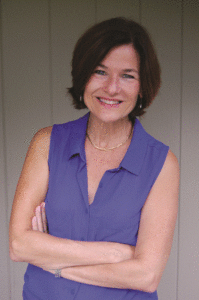 Carol Weston lives in Manhattan and is the author of 16 books including Speed of Life, Ava and Pip, The Diary of Melanie Martin, Girltalk, For Teens Only. Her website is carolweston.com.
Carol Weston lives in Manhattan and is the author of 16 books including Speed of Life, Ava and Pip, The Diary of Melanie Martin, Girltalk, For Teens Only. Her website is carolweston.com.
Filed under: Guest Post, Middle Grade Fiction
About Robin Willis
After working in middle school libraries for over 20 years, Robin Willis now works in a public library system in Maryland.
ADVERTISEMENT
ADVERTISEMENT
SLJ Blog Network
Coming Soon: The Top 10 Posts of 2024
31 Days, 31 Lists: 2024 Science Fiction Books for Kids
Exclusive: Papercutz to Publish Mike Kunkel’s Herobear | News and Preview
The Seven Bills That Will Safeguard the Future of School Librarianship
ADVERTISEMENT


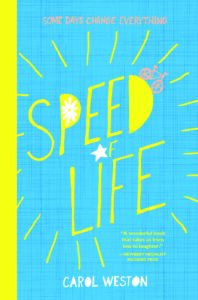

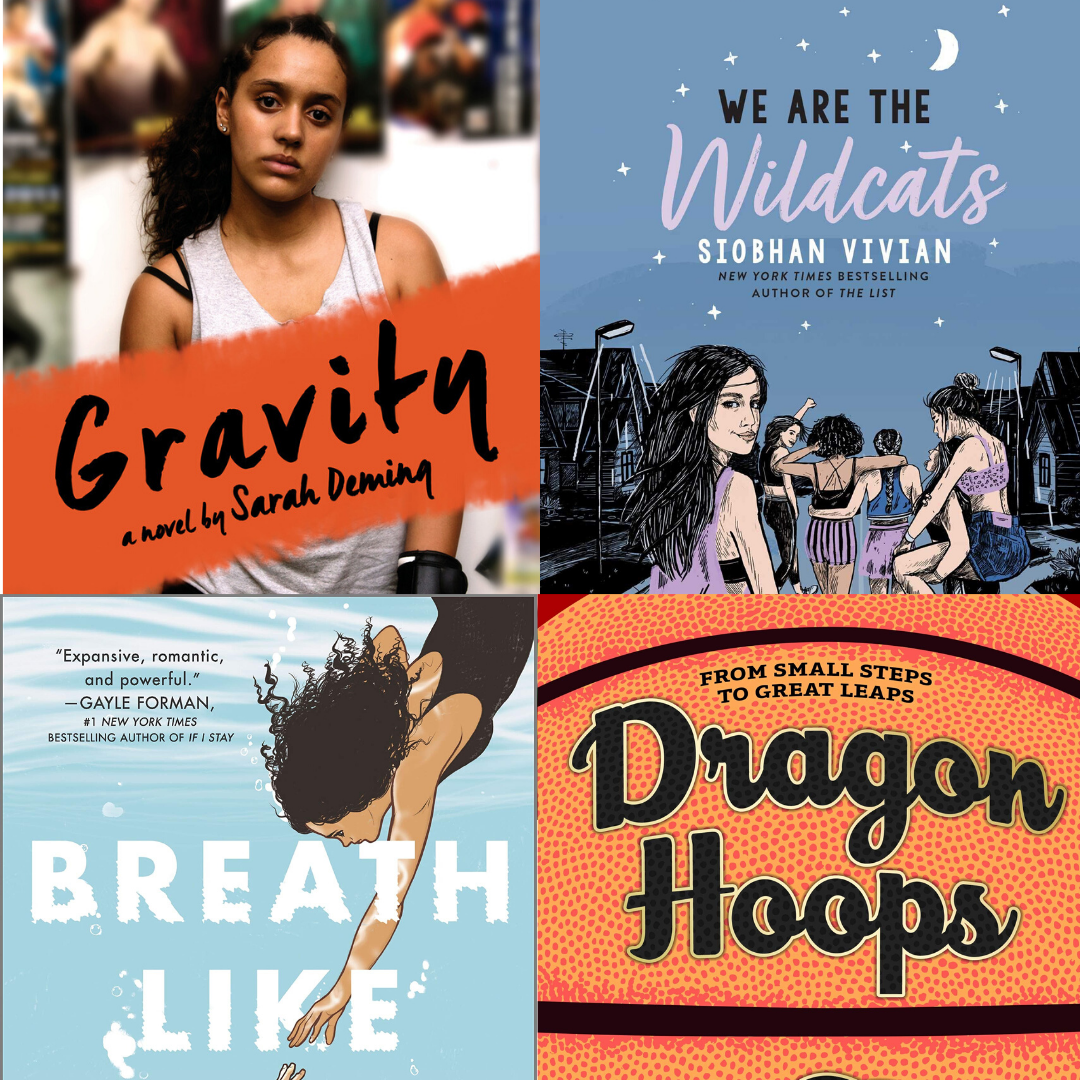
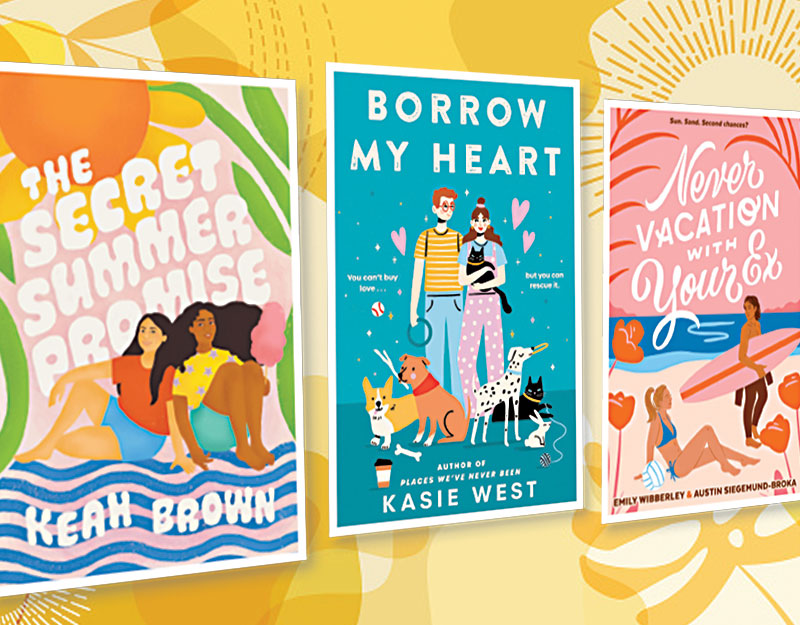
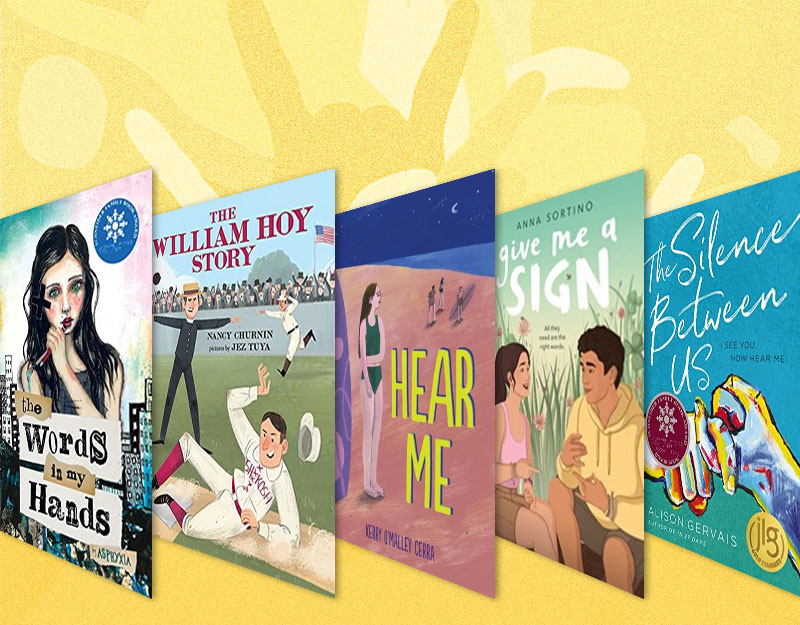
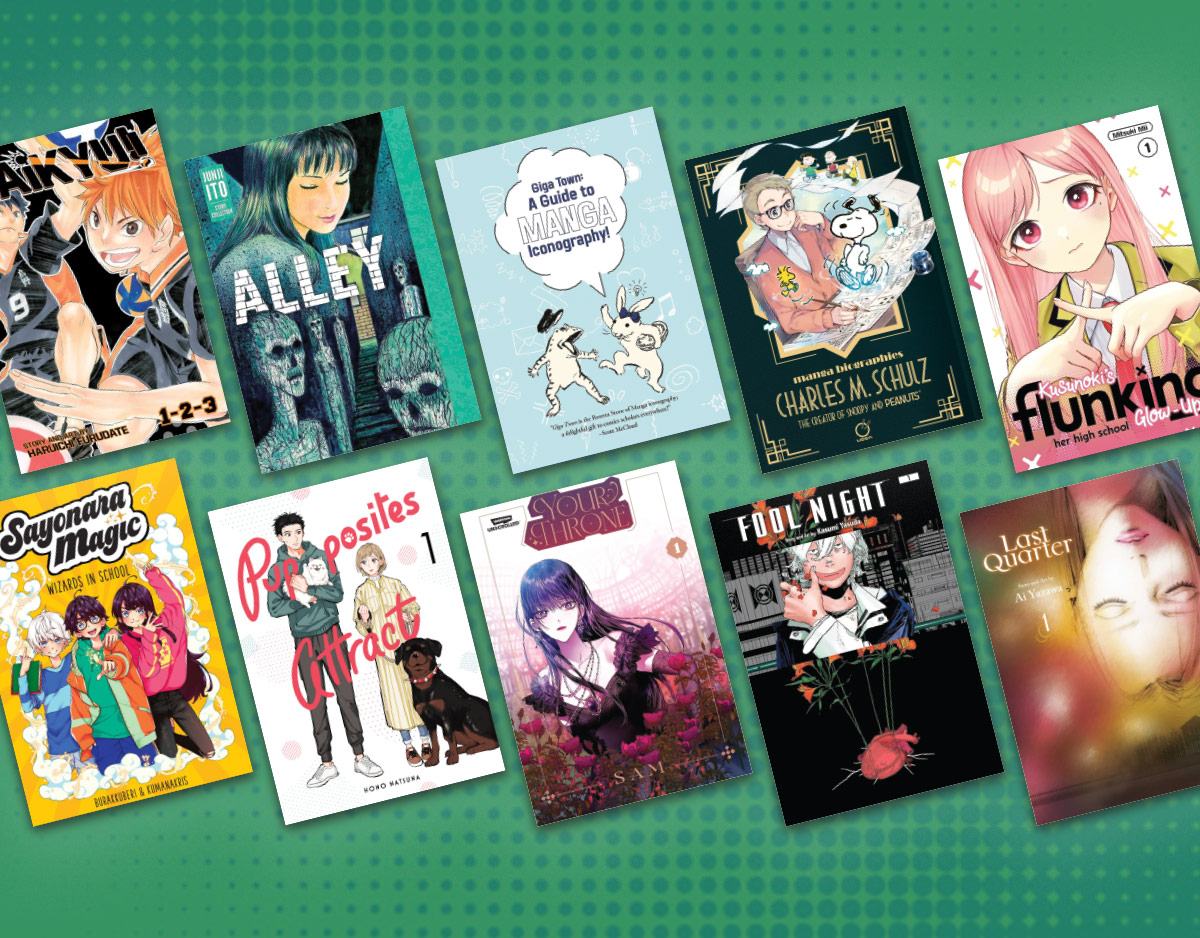
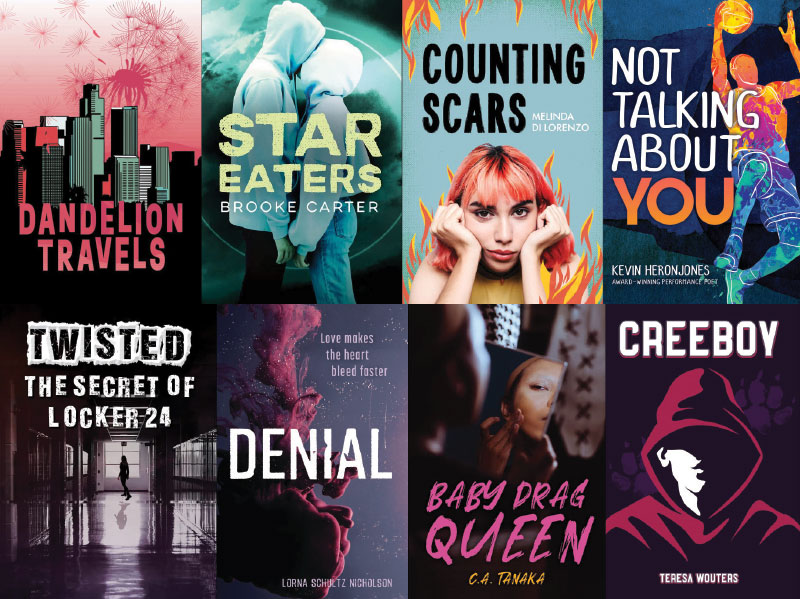
Thank you for inviting me to share my thoughts with you. And thank you for being librarians!!
Librarian – Good books make our work life fun.
Wow. I never knew that you were behind all the Dear Carol letters at Girls Life! My little brother and I adore your books.
THANK YOU SO MUCH FOR THIS. Just the pick-me-up I needed, even if I am finding it months after the fact!